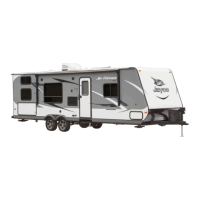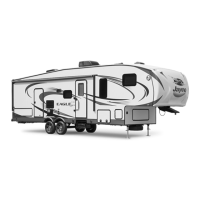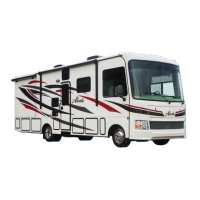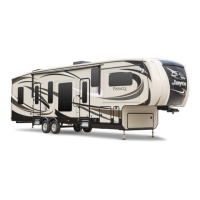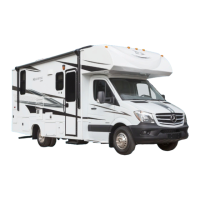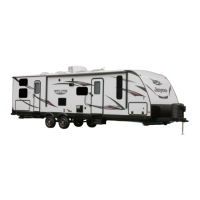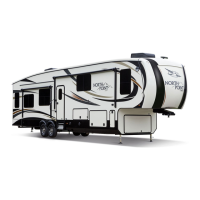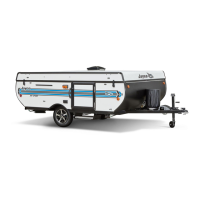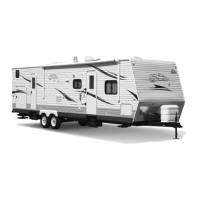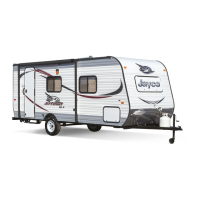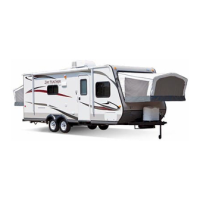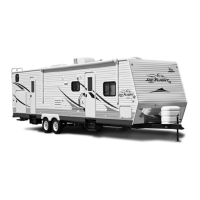6-1
The RV electrical system is comprised of two independent electrical systems.
One operates off of 12-volt DC power and the other off of 120-volt 60hz AC power.
All installations have been made in compliance with industry standards applicable
on the date of manufacture. Because the electrical equipment and associated
circuitry are engineered into a dedicated system specific to your RV, we
recommend you do not make unauthorized changes or add fixed appliances to it.
Changes or additions made after delivery may result in a hazardous
condition.
Service and/or modification of the electrical system should only be performed by
qualified electrical technicians using approved materials, components, and
methods meeting current safety and code requirements. Please consult your
dealer’s service department for assistance.
To read more about the various components incorporated into the RV electrical
system, please refer to the information contained in your Warranty Packet.
ELECTRICAL SYSTEM MAINTENANCE
Before working on the electrical system, always disconnect the 30 amp shore
power cord, turn off all the 120V circuit breakers and disconnect the negative
12volt-DC battery terminal. (Refer to the Load Center section)
IN CASE OF AN ELECTRICAL FIRE
1. Have everyone evacuate the RV immediately.
2. Disconnect the 30 amp power cord from the shore power receptacle.
3. Switch OFF all 120V breakers in the Load Center.
4. Disconnect the negative battery cable(s) at the battery.
5. Always have faulty or damaged wiring and electrical components repaired
immediately.
LOAD CENTER
The Load Center contains 12VDC fuses and 120VAC circuit breakers for almost
all of the electrical appliances and circuits in the RV. The 120V Main Breaker
(if so equipped) is located in this panel. The Load Center is a hinged panel which
is usually attached to a cabinet face in the main living area. (Fig. 6.1 & 6.2)
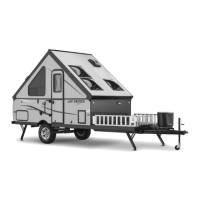
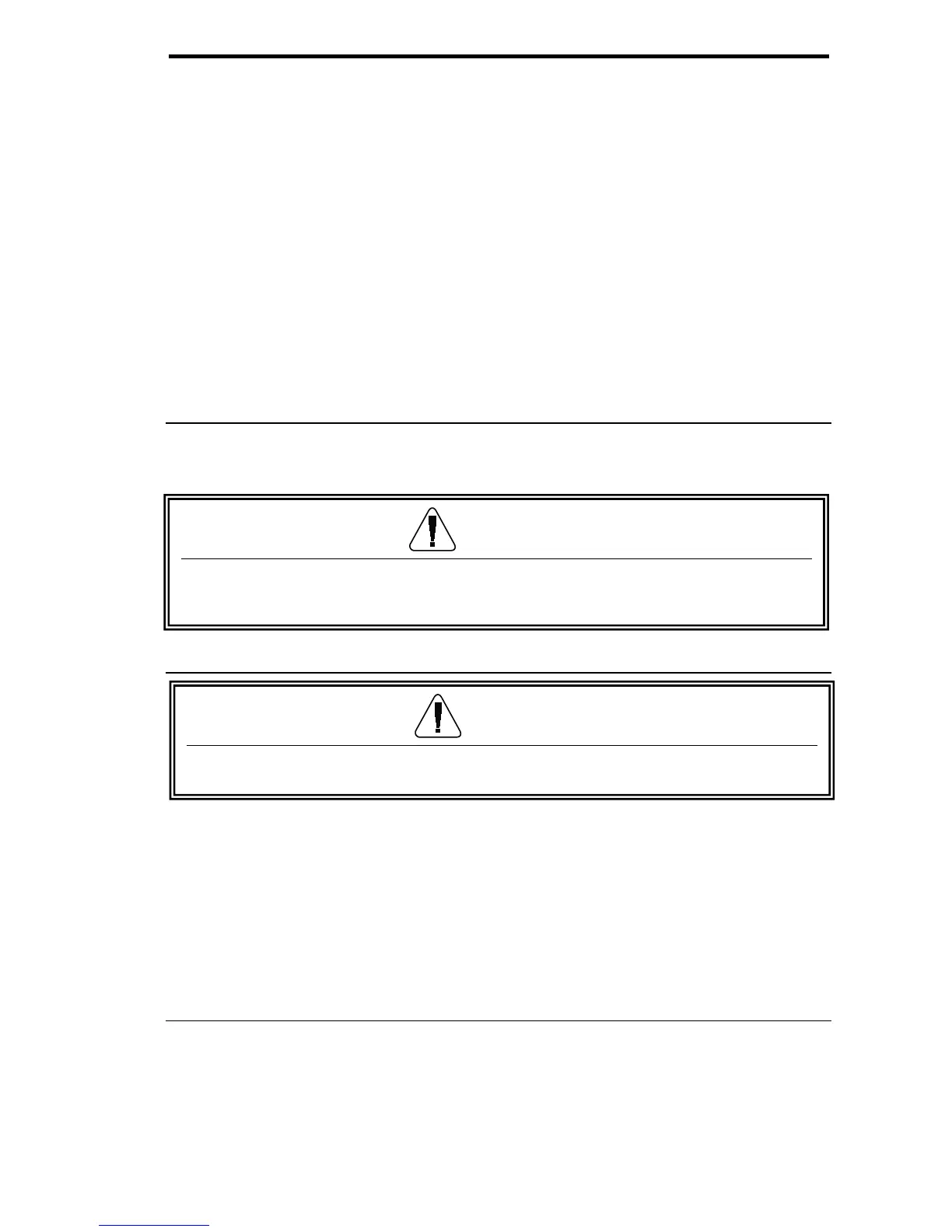